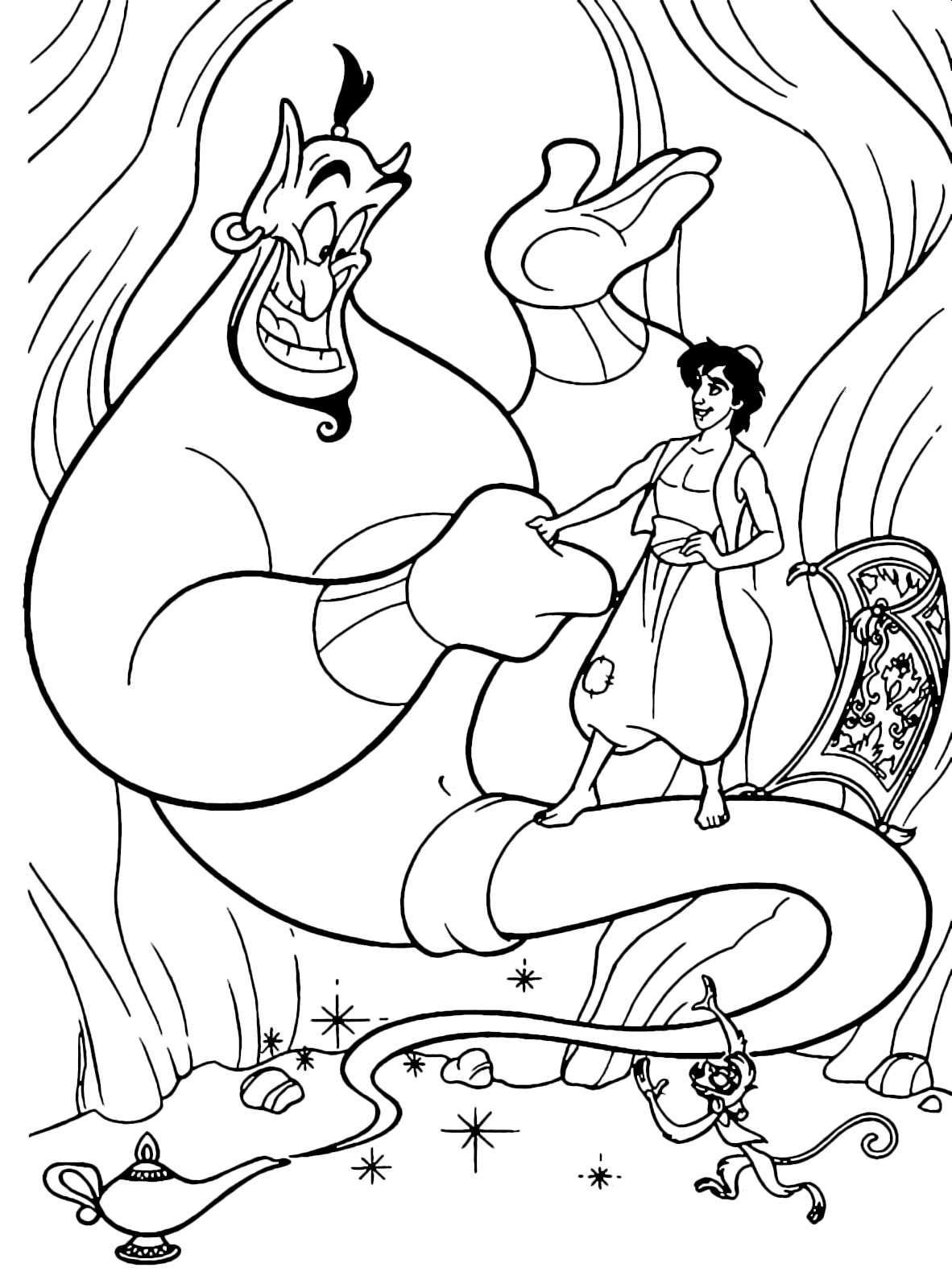
On the other hand, there is practically nothing in the rest of the story that is inconsistent with a Middle Eastern setting. The opening sentences of the story, in both the Galland and the Burton versions, set it in "one of the cities of China". Aladdin is warned of this danger by the genie of the lamp and slays the impostor.Īladdin eventually succeeds to his father-in-law's throne. Badroulbadour falls for his disguise and commands the "woman" to stay in her palace in case of any illnesses. The sorcerer's more powerful and evil brother plots to destroy Aladdin for killing his brother by disguising himself as an old woman known for her healing powers. The genie of the ring cannot directly undo any of the magic of the genie of the lamp, but he is able to transport Aladdin to the Maghreb where, with the help of the "woman's wiles" of the princess, he recovers the lamp and slays the sorcerer, returning the palace to its proper place. Aladdin still has the magic ring and is able to summon the lesser genie. He orders the genie of the lamp to take the palace, along with all its contents, to his home in the Maghreb. The sorcerer hears of Aladdin's good fortune, and returns he gets his hands on the lamp by tricking Aladdin's wife (who is unaware of the lamp's importance) by offering to exchange "new lamps for old". The genie builds Aladdin and his bride a wonderful palace, far more magnificent than the sultan's. With the aid of the genie of the lamp, Aladdin becomes rich and powerful and marries Princess Badroulbadour, the sultan's daughter (after magically foiling her marriage to the vizier's son). When his mother tries to clean the lamp, so they can sell it to buy food for their supper, a second far more powerful genie appears who is bound to do the bidding of the person holding the lamp. When he rubs his hands in despair, he inadvertently rubs the ring and a genie appears and releases him from the cave, allowing him to return to his mother while in possession of the lamp. Aladdin is still wearing a magic ring the sorcerer has lent him. After the sorcerer attempts to double-cross him, Aladdin finds himself trapped in the cave.

The sorcerer's real motive is to persuade young Aladdin to retrieve a wonderful oil lamp (chirag) from a booby-trapped magic cave. He is recruited by a sorcerer from the Maghreb, who passes himself off as the brother of Aladdin's late father, Mustapha the tailor, convincing Aladdin and his mother of his good will by pretending to set up the lad as a wealthy merchant. Īladdin is an impoverished young ne'er-do-well, dwelling in "one of the cities of China". The following is a précis of the Burton translation of 1885. The story is often retold with variations. Plot summary The Sorcerer traps Aladdin in the magic cave. Bottigheimer and Paulo Lemos Horta have argued that Hanna Diyab should be understood as the original author of some of the stories he supplied, and even that several of Diyab's stories (including Aladdin) were partly inspired by Diyab's own life, as there are parallels with his autobiography. As part of his work on the first critical edition of the Nights, Iraq's Muhsin Mahdi has shown that both these manuscripts are "back-translations" of Galland's text into Arabic. It was purchased by the Bibliothèque Nationale at the end of the nineteenth century. The other is supposed to be a copy Mikhail Sabbagh made of a manuscript written in Baghdad in 1703. One was written by a Syrian Christian priest living in Paris, named Dionysios Shawish, alias Dom Denis Chavis. Payne also records the discovery in the Bibliothèque Nationale in Paris of two Arabic manuscripts containing Aladdin (with two more of the "interpolated" tales). It was included in his volumes ix and x of the Nights, published in 1710, without any mention or published acknowledgment of Hanna's contribution. Galland's diary further reports that his transcription of "Aladdin" for publication occurred in the winter of 1709–10. According to Galland's diary, he met with Hanna, who had travelled from Aleppo to Paris with celebrated French traveller Paul Lucas, on March 25, 1709. John Payne quotes passages from Galland's unpublished diary: recording Galland's encounter with a Maronite storyteller from Aleppo, Hanna Diyab.

Known along with Ali Baba as one of the "orphan tales", the story was not part of the original Nights collection and has no authentic Arabic textual source, but was incorporated into the book Les mille et une nuits by its French translator, Antoine Galland.


 0 kommentar(er)
0 kommentar(er)
